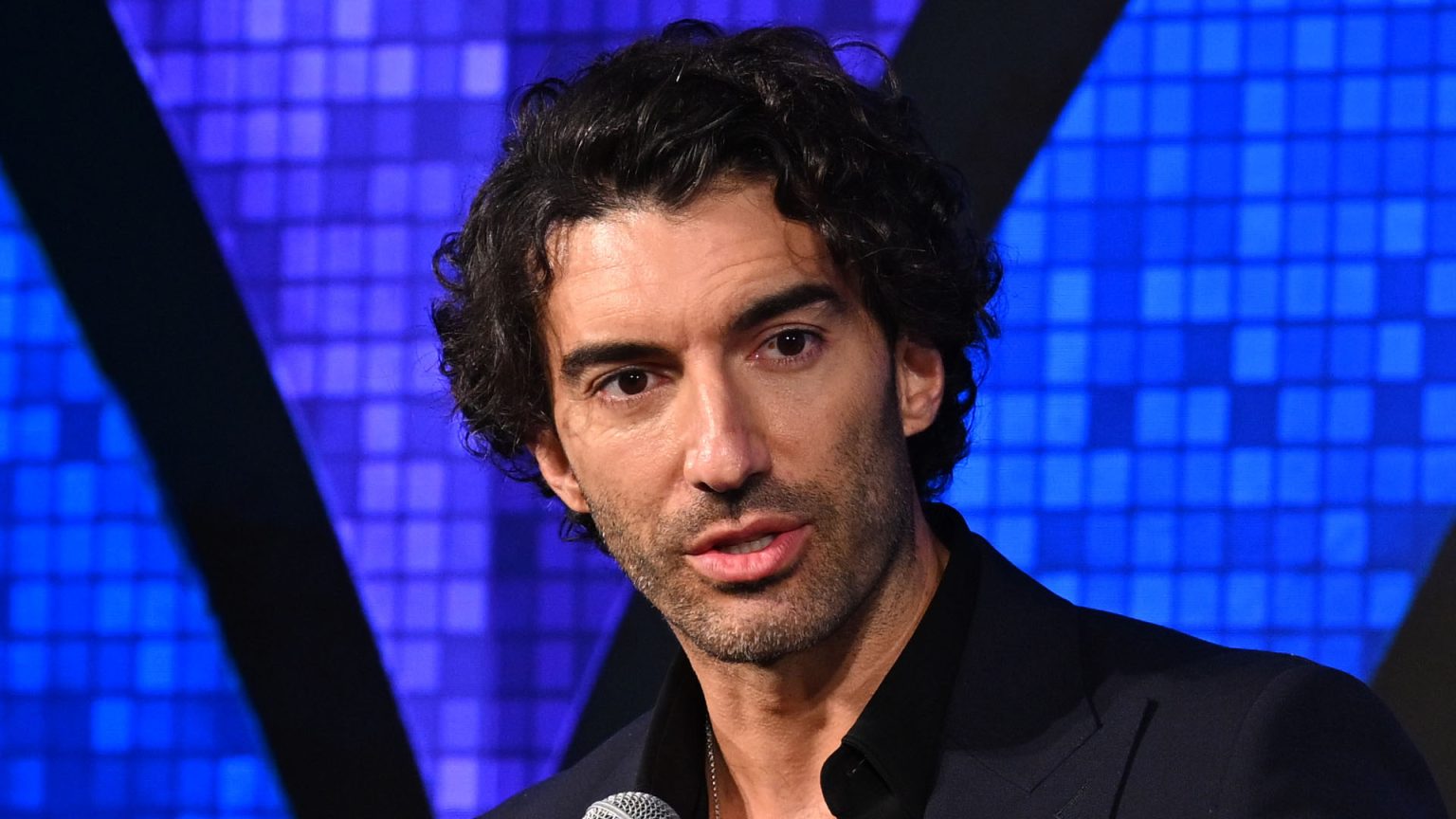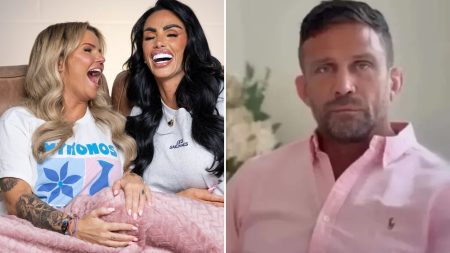A bitter legal feud has erupted between actors Blake Lively and Justin Baldoni, stemming from their collaboration on the film “It Ends With Us,” a romantic drama based on the Colleen Hoover novel. Baldoni, who wrote and directed the film produced by his company Wayfarer Studios, is now suing Lively and her publicist Leslie Sloane for $400 million, alleging a smear campaign designed to portray him as the “villain” and deflect attention from Lively’s perceived “tone-deaf” promotion of her hair care and alcohol lines during the film’s press tour, which dealt with the sensitive topic of domestic violence. Baldoni claims this campaign was orchestrated to damage his reputation and career. He asserts that Lively sought to control the film’s creative direction, citing emails and alleging a “takeover strategy” to ensure her final say in the production. He further implicates Lively’s husband, Ryan Reynolds, and friend Taylor Swift for supporting Lively’s decisions regarding a scene rewrite, portraying their involvement as an ambush. Adding to the accusations, Baldoni alleges that Lively forced him and his family to miss the film’s premiere, claiming they were escorted to the theater’s basement by security. He also contends that Lively hadn’t read Hoover’s source material, leading to disagreements about character portrayal, including wardrobe choices.
Baldoni’s lawyer, Bryan Freedman, vehemently defends his client, stating that the lawsuit is backed by “overwhelming untampered evidence” showcasing Lively and her team’s “duplicitous attempt” to destroy Baldoni and his company. Freedman expresses confidence in their legal position, emphasizing their willingness to provide complete communication records and documentary evidence. He further accuses Lively of either being misled by her team or knowingly misrepresenting the truth, stating she will “certainly regret” her actions. Freedman highlights the alleged attempt to exploit victims of harassment for personal gain and emphasizes Baldoni’s transparency, asserting that “documents do not lie.” The lawsuit also includes the claim that Lively resorted to Googling the color of her character’s hair rather than consulting the book.
Conversely, Lively’s lawsuit against Baldoni paints a dramatically different picture. She accuses him of sexual harassment on set, including fat-shaming, showing her nude photos and videos, and discussing a previous alleged porn addiction. Lively claims to have requested the removal of additional sex scenes beyond the original script’s scope. She alleges that Baldoni’s actions caused her and her family significant emotional distress. Her legal team characterizes Baldoni’s lawsuit as a classic example of “DARVO” – Deny, Attack, Reverse Victim and Offender – a tactic used by abusers to shift blame onto their victims. They argue that Baldoni and Wayfarer are using their resources to manipulate the narrative and retaliate against the sexual harassment allegations.
Lively’s legal team firmly rejects Baldoni’s claim that she seized creative control, asserting that evidence will reveal negative experiences of the cast and crew with Baldoni and Wayfarer. They highlight Sony’s request for Lively to oversee the film’s final cut, attributing its success to her involvement. They dismiss Baldoni’s accusations as desperate attempts to deflect from the evidence presented in Lively’s complaint, maintaining confidence in their case’s strength. They portray Baldoni’s claims as a tired trope of blaming the victim and reiterate their focus on addressing the abuse.
This complex legal battle brings forth contrasting narratives, leaving it to the courts to determine the truth. Baldoni seeks substantial financial compensation and reputational restoration, while Lively focuses on addressing the alleged harassment and holding Baldoni accountable. The case highlights the power dynamics within the entertainment industry and the challenges faced by individuals who come forward with allegations of misconduct. The legal proceedings will undoubtedly uncover further details and ultimately determine the validity of each party’s claims. The ongoing feud underscores the complexities of such disputes, where conflicting accounts and interpretations of events create a challenging legal landscape.
The stark contrast between the two narratives presented by Baldoni and Lively highlights the difficulty in discerning the truth in such cases. Baldoni portrays himself as the victim of a calculated smear campaign, while Lively describes herself as a target of harassment and retaliation. The involvement of high-profile figures like Ryan Reynolds and Taylor Swift adds another layer of complexity to the already intricate situation. The legal battle is likely to continue, with both sides presenting evidence and arguments to support their respective claims. The outcome will significantly impact both Baldoni and Lively’s careers and reputations. The case serves as a stark reminder of the importance of thorough investigations and due process in addressing allegations of misconduct.
The ongoing legal battle raises crucial questions about the prevalence of harassment and power dynamics within the entertainment industry. The case underscores the challenges faced by individuals who come forward with such allegations, particularly against those in positions of power. The conflicting accounts presented by Baldoni and Lively further highlight the complexities of these situations, where the truth can be obscured by differing perspectives and interpretations of events. The legal proceedings will be closely watched as they unfold, with the outcome potentially setting precedents for future cases involving similar allegations. The case serves as a reminder of the need for robust mechanisms to address harassment and ensure accountability in the entertainment industry. It also underscores the importance of supporting individuals who come forward with such claims and providing them with a safe and fair process to seek justice.











